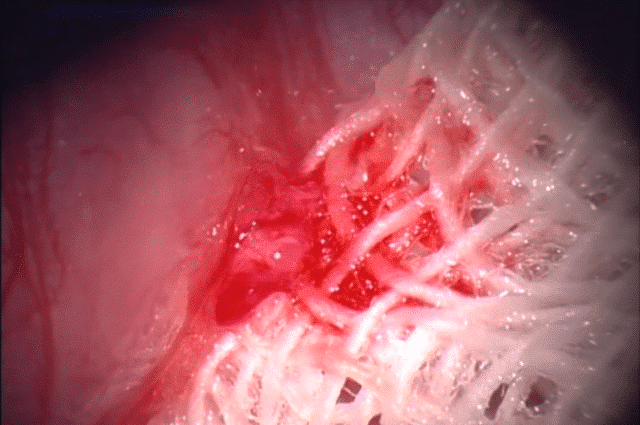Japan (Tokyo)
By now it’s been proven that labs can grow mini kidneys, but connecting them to a host’s excretory system has always proved challenging. However, researchers in Tokyo are one step closer to growing fully functioning replacement kidneys.
Takashi Yokoo and his team at Jikei University School of Medicine have demonstrated that ’organoids’ (lab-grown organs) fabricated from human and rat stem cells can excrete urine by adding a pathway connected to an existing bladder. This overcomes the previous problem of stem cell grown kidneys ballooning dangerously under pressure. Known technically as a stepwise peristaltic ureter, this ‘lab-grown kidney with extras’ has been connected successfully to rats’ and pigs’ ureters, enabling kidneys to drain well eight weeks after the transplant.
“The SWPU system may resolve two important problems in the generation of kidneys from stem cells,” say the researchers, “construction of a urine excretion pathway and continued growth of the newly generated kidney.” Although this is far from being tested on humans, this step forward might mean the waiting time of three years or longer for kidney transplants will one day be eliminated completely.
Bio
Freelance designer, developer and writer, Antony spends his time between London, Spain and Central America feeding the homeless, righting wrongs and breaking websites.
Project leader
Takashi Yokoo, Body MRI Radiologist, UT Southwestern Medical Center
Support the Atlas
We want the Atlas of the Future media platform and our event to be available to everybody, everywhere for free – always. Fancy helping us spread stories of hope and optimism to create a better tomorrow? For those able, we'd be grateful for any donation.
- Please support the Atlas here
- Thank you!


